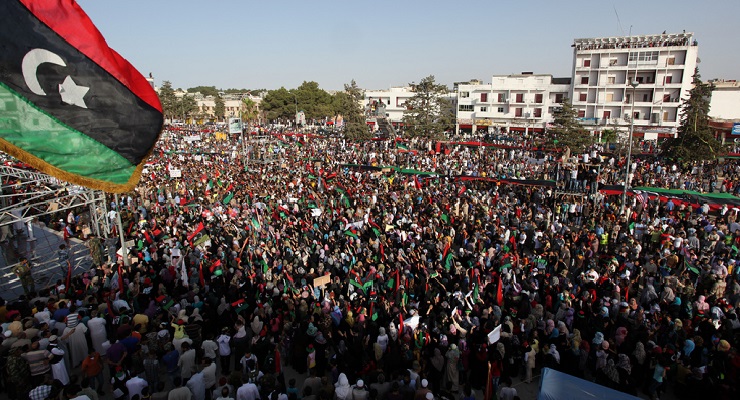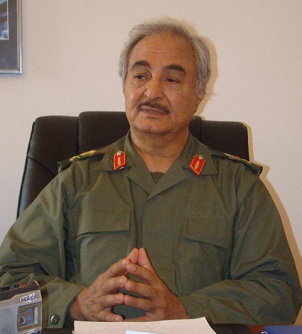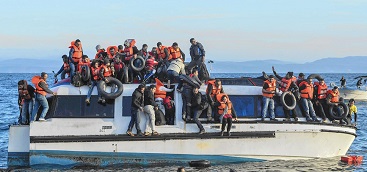
In an unprecedented act of unification, the leaders of Libya’s two warring factions, President Fayez al-Sarraj and General Khalifa Haftar, have issued separate statements ensuring the public that they plan to cooperate. The news comes after the pair met in Abu Dhabi for a two-hour conference—their first interaction in more than a year.

Following this meeting, a broader political consensus for tolerance in Libya emerged, with the National Elections Commission informing that twenty-two registered political parties have united in drafting and signing an agreement— a peace accord meant to signify a commitment to a successful and peaceful transition in the upcoming elections.
This agreement is the first incident during which political parties in an African country have taken steps to ensure a peaceful, violence-free election cycle. In fact, the 2011 presidential elections in Libya had notably featured a sizeable number of causalities. Since then, instability in Libya’s streets has been consistent.
Political disputes primarily rise from disagreements on what militaristic actions and economic measures are necessary to manage inner turmoil. The two-round voting system starting October of this year— which will elect a new president along with 73 members of the House of Representatives— is an opportunity for the reemergence of preexisting conflicts.
Along with Libyan officials, the U.S. ambassador to Libya has also reiterated measures for peace, declaring American support for the U.N.-backed Libyan government and pleading for all actors in the region to avoid driving existing escalation into a civil war.

This declaration serves as U.S. commitment to Libya after the uncertainty associated with Trump’s election. In fact, Trump had previously stated his intent for non-involvement policy in Libya, yet ambiguously mentioned dealing with the destruction taking place by radical organizations. Beyond changes with the new administration, the U.S. is particularly invested in Libya due to the 2012 attack in Benghazi that resulted in the deaths of four Americans.
Fixing the Civil War in Libya
The U.N. is another major player that has demonstrated continued support for peace in Libya, with a recent meeting in Brussels where the U.N. envoy underscored the danger of the political vacuum stemming from the decentralization of the government.
Despite efforts by the Libyan and American governments, Libyans themselves must engage in a movement towards solidarity to ensure a civil war is avoided—which would ultimately enable terrorism and deepen economic trouble.
Leave a Reply